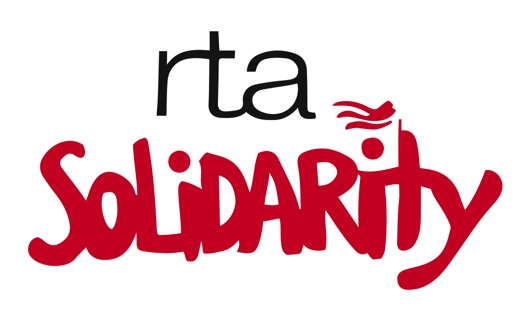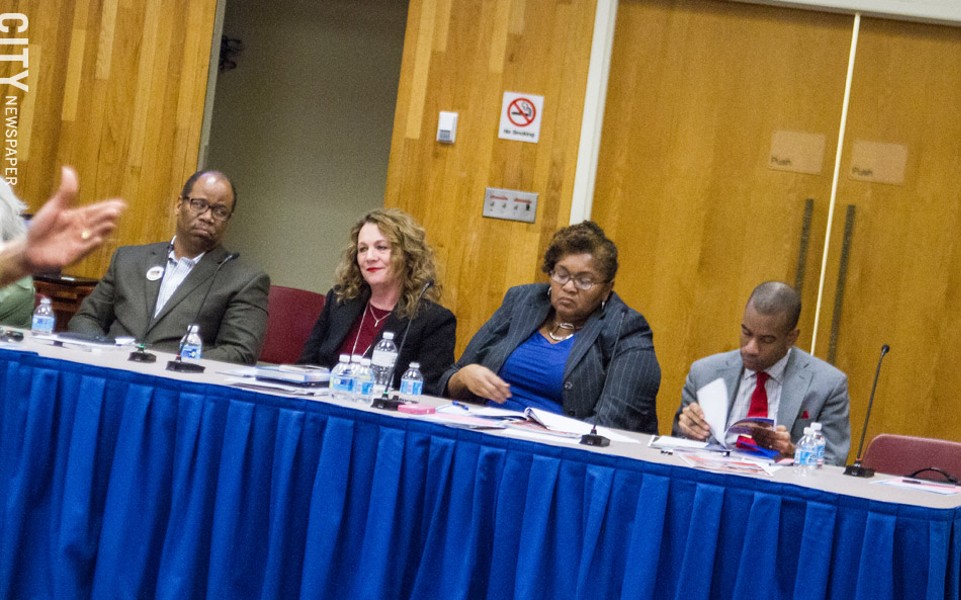Rochester school board member Malik Evans isn’t known for theatrics or public outbursts, but at a recent board meeting, Evans had enough.
Special education consultant Judy Elliott was bluntly describing a broken system. But she wasn’t more than 15 minutes into her presentation when Evans began fidgeting in his seat and interrupting her with questions.
“We continue to have the same issues over and over again,” Evans said in a telephone interview the day after the meeting. “How do we keep this from repeating itself?”
The district hired Elliott earlier this year to look at special education: how students with disabilities are identified and given the services they need and what results from those efforts. The report was the latest of many – going back years –with similarly condemning findings.
Elliott’s report raised challenging questions for the school board. Why, for instance, have referrals for special education shot up by a whopping 93 percent during the last few years, while the district’s enrollment has declined? The large number of special education referrals is overwhelming the district’s ability to manage them, Elliott said.
And why does the district’s special education enrollment hover at nearly 20 percent, when the national average for large school districts is around 12 percent?
The district seems to be basing its decisions about special education on the race of the students, according to Elliott’s report. For instance, the vast majority of students classified as having autism are white, and most of the students classified as having learning disorders are Hispanic. Race should not be a predictor of the student’s disability, she said.
The majority of students referred for special education services under the “Other Health Impairment” classification are African American. That category is typically reserved for children with ongoing medical problems like kidney disease, Elliott said. And those children were also disproportionately suspended more than any others, supporting critics’ claims of institutional racism.
“So kids with health issues are getting suspended?” Elliott said.
Most troubling was the report’s broader point: the district’s problems with special education reflect its problems in general education. The district must improve the latter to see better outcomes in special education, Elliott said.
Board member Malik Evans said he wasn’t interested in hashing over Elliott’s statistics, and he rattled off a list of previous reports, all of them harshly critical of the school district’s outcomes. The district has to be more focused on management, execution, and accountability, he said.
“I don’t know if it’s the data or the implementation,” he said the next day. “I just think we have to follow through and do the things that we say we’re going to do. A lot of what we heard last night, we’ve heard before. We could close our eyes and it could be the same things we heard in 2007. How many reports do we need?”
Board President Van White empathized with Evans.
“I know exactly what he’s thinking,” White interjected during the board meeting. Experts have been issuing reports and making recommendations for years to, as he termed it, turn over the applecart. The board has agreed to many of these recommendations, but the promised improvements usually don’t materialize, he said.
“Excuse me if I have some healthy skepticism,” White said.
In a telephone interview late last week, former Rochester superintendent Jean-Claude Brizard said he understands the board’s frustration.
“These issues are not new,” Brizard said. The district has management problems, but it also has cultural issues that help to explain the “over-classification of black and brown kids.” Not all of these kids are disabled, he said.
“It’s not something that’s in the water,” Brizard said. “It’s something organic, but changing a culture is not easy.”
And former Rochester superintendent Manny Rivera stressed intervention, which he said must begin as early as possible with children living in poor communities – in the 0-3 age group.
“It really has to do with having your interventions right up front,” Rivera said last week. “Then when they need to go to a program or service, you are more likely to have success, because you’ve started early and you know exactly what the problems are.”
And if intervention starts early enough, the referrals for special education often aren’t needed, he said.
Elliott’s report makes a similar recommendation. For instance, intervening early enough with many of Rochester’s students – providing support for reading or English language skills, for instance – could eliminate the need for many special education referrals, she said.
But at the meeting, Elliott also stressed that the district needs to use data to help drive its decisions about intervention. She used the example of students who arrive from Puerto Rico. Without immediate help with language, learning disorders are fairly predictable, she said.
Some changes are already underway, said Sandy Simpson, the district’s chief of special education. In the past, professionals such as social workers or special education teachers in the schools made the recommendations about referrals. But it’s hard for them to know everything the district can offer, Simpson said, so now a centralized team of experts will review all program referrals and existing placements for every student.
And the report showed that in the past, the district has been overly reliant on referring students to outside agencies, when similar services were available in the district, Simpson said.
“We need to bring the students home,” she said. More stability and less disruption are important for special education students, she said.
Still, that may not be enough for board member Evans. He said he wasn’t upset with Elliott for doing her job. “She put it out there,” he said, but the district needs to start making substantial progress. Maybe, he said, the board and the district need more independent oversight themselves, to keep everyone focused and on track.
“I think we need to partner with a third party to review everything, someone or some entity that is an objective party,” Evans said.

